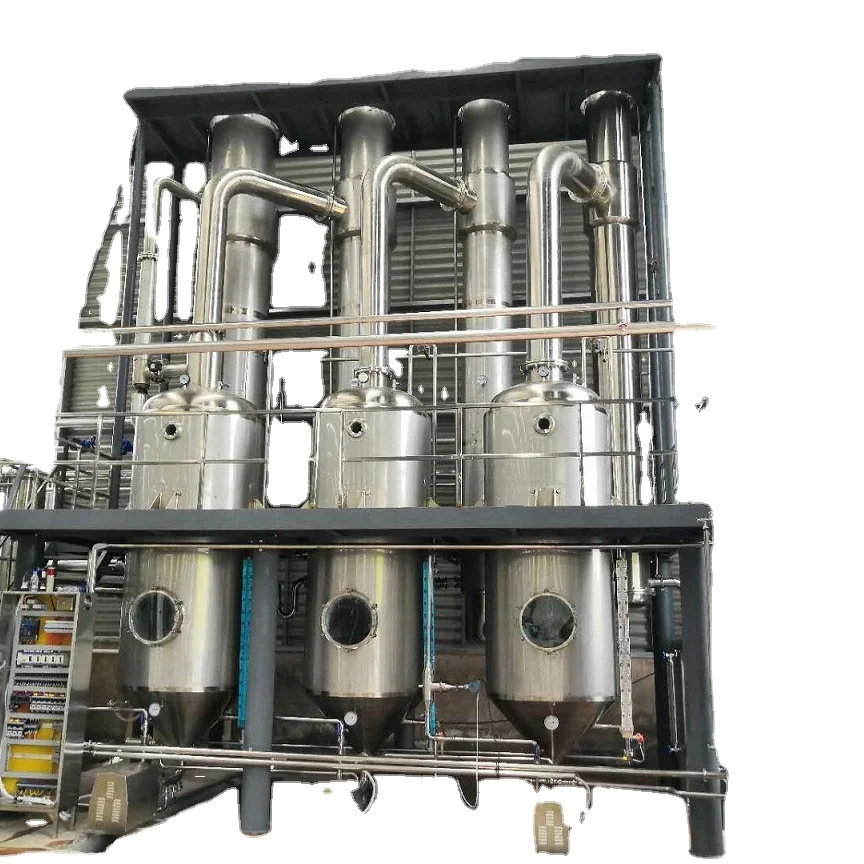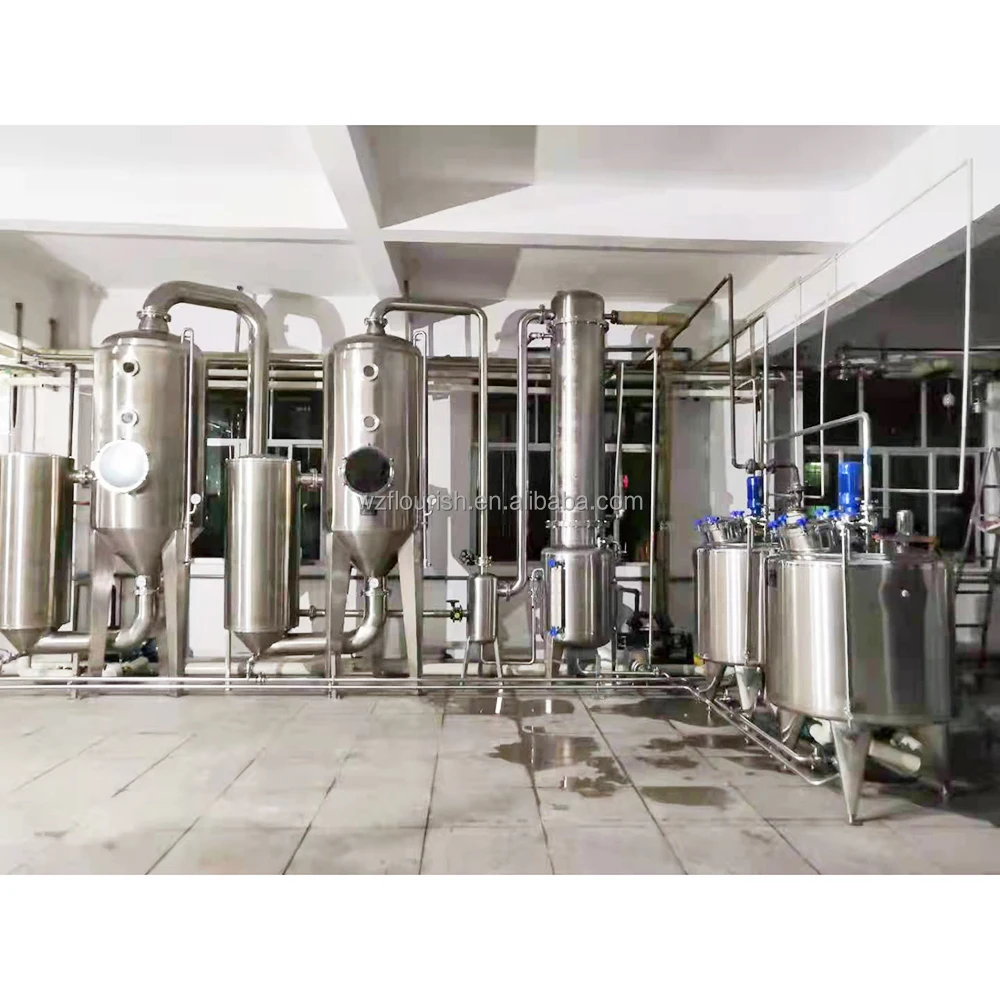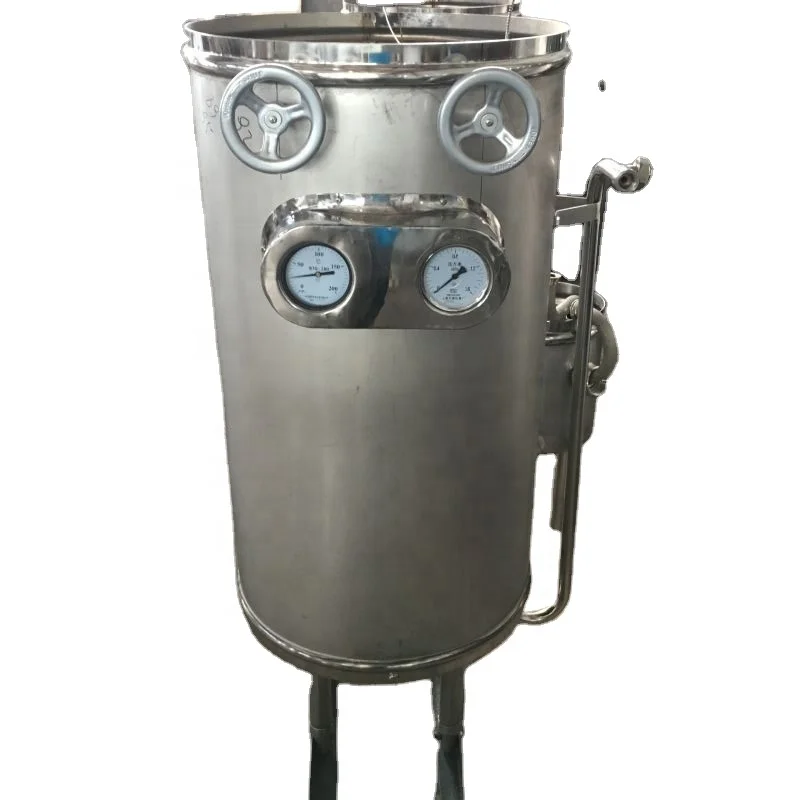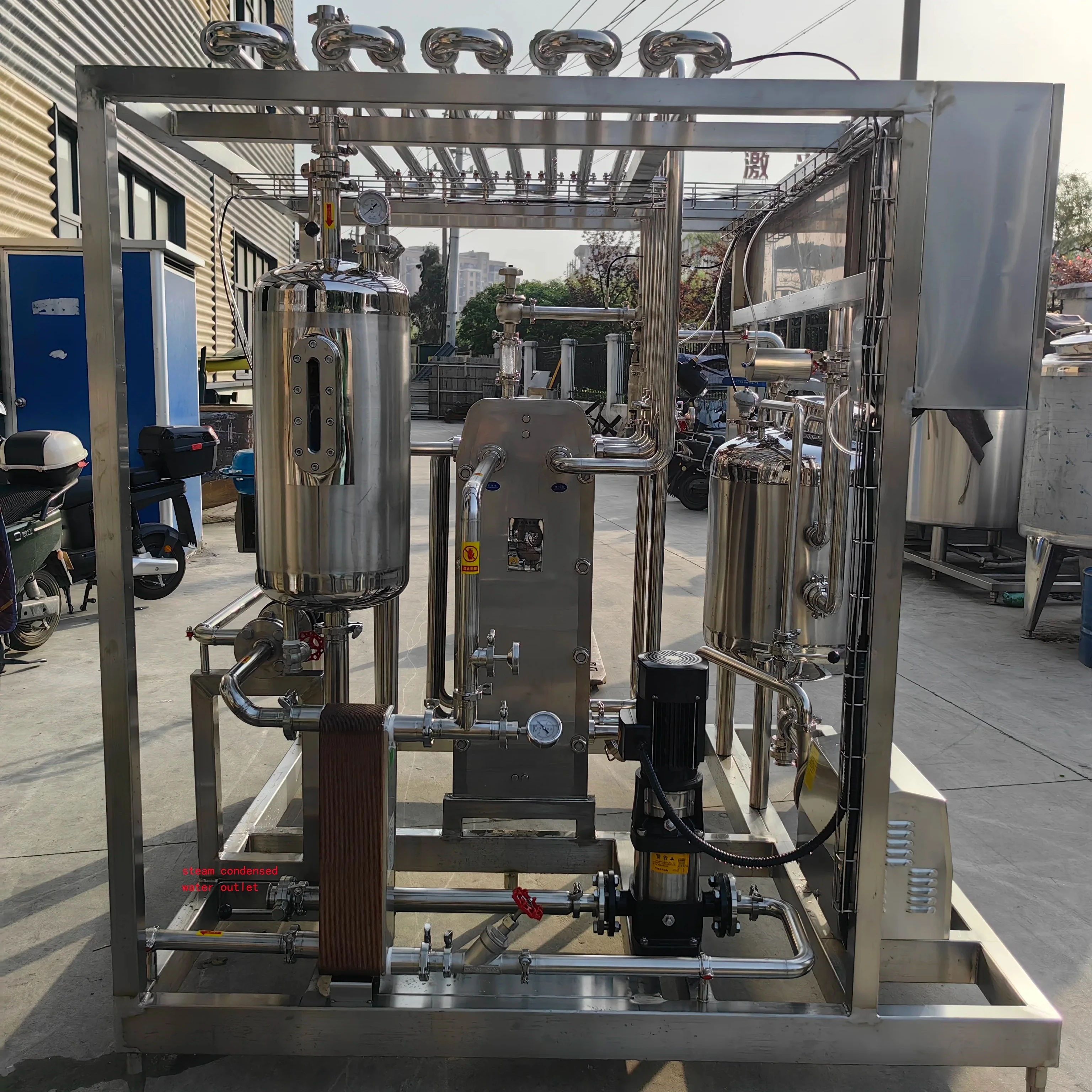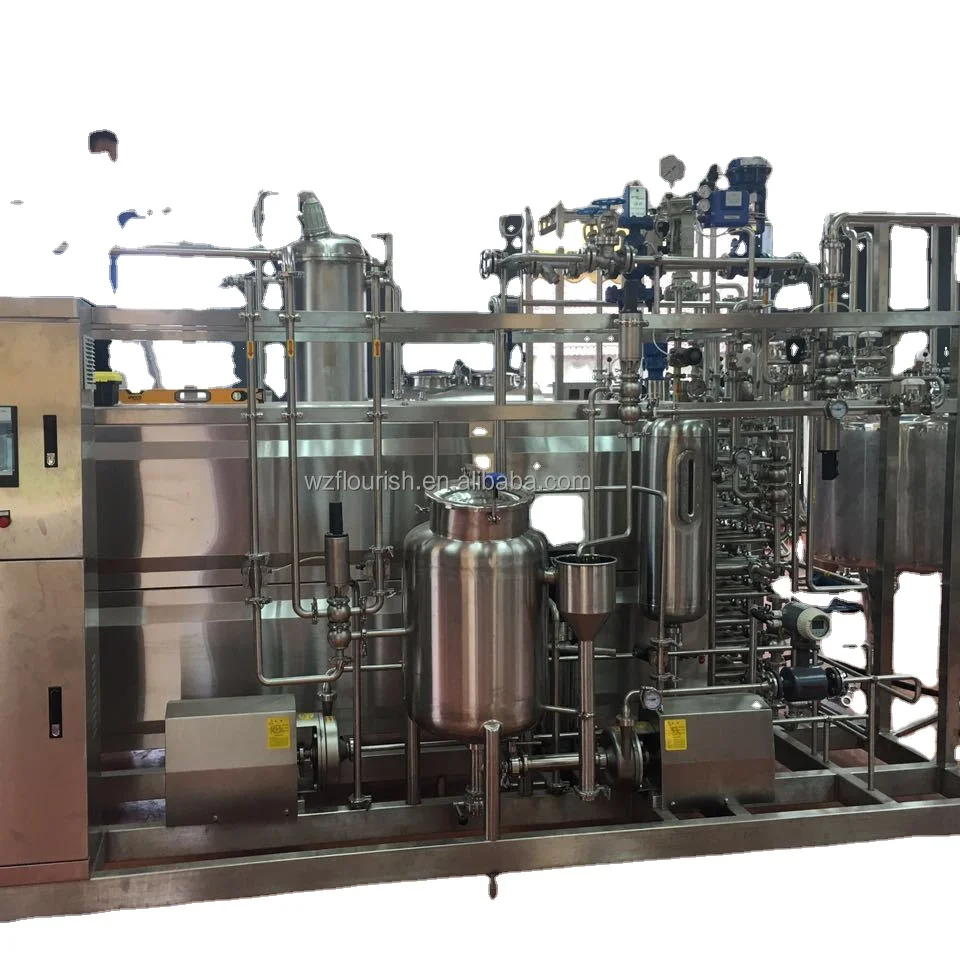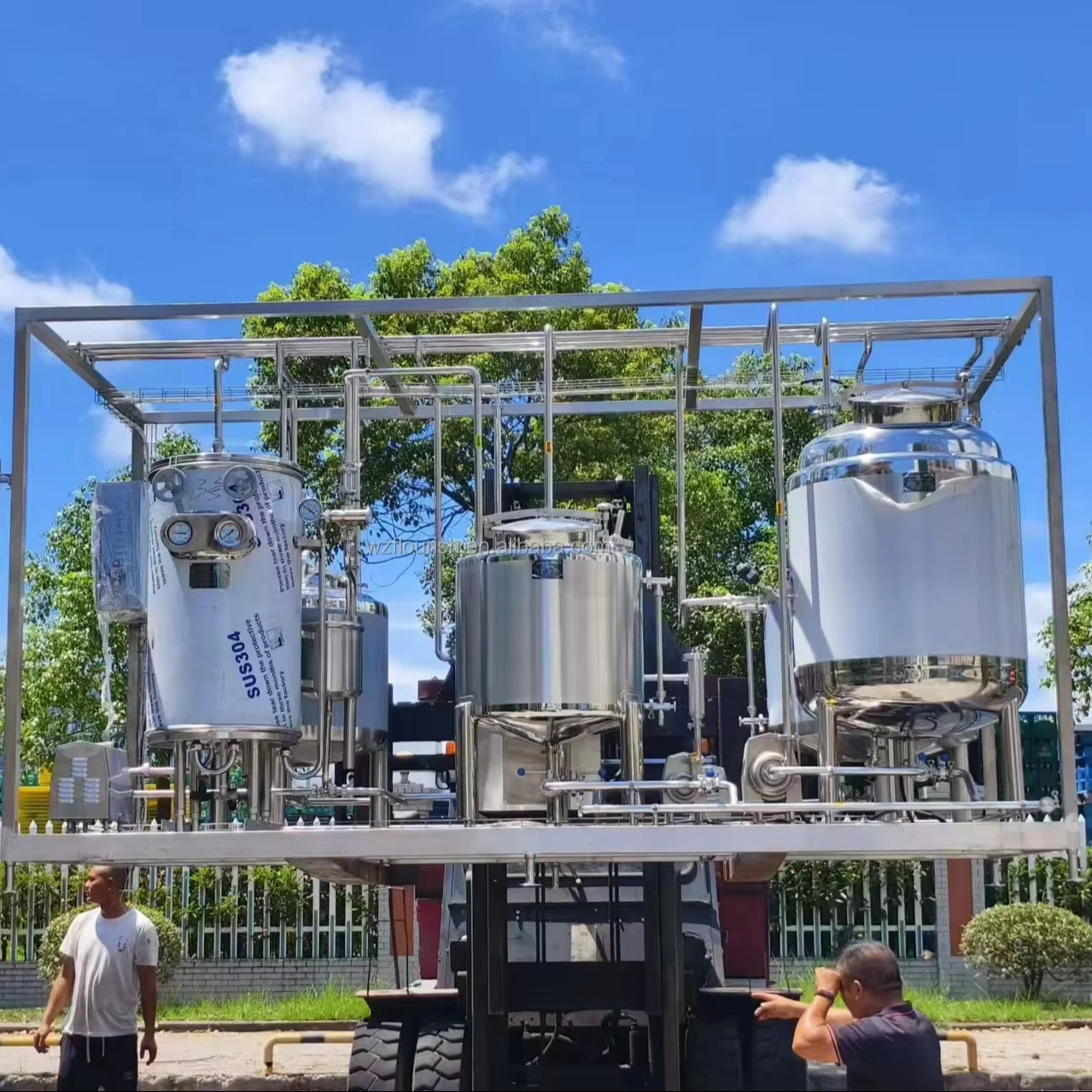ABOUT
Wenzhou Vince Machinery Science Co., Ltd. was established in early 1980s. Our company covers an area of 6500 square meters and is an independent legal representative firm, possessing rich economic technology strength. Our company is a high tech enterprise and plays an important role in national dairy, foodstuff, pharmacy and machinery industries. We are a beverage machinery supplier.
Since the establishment, our company has mainly engaged in dairy products, foodstuff, beverage machinery, bean products, yellow wine, medicines and fermentation projects. What's more, our company supplies a complete sequence services in manufacturing, installation, test and personnel train, as well as the whole direction service design and consulting service on product project construction or enlargement artistic distribution engineering sets budget.
PRODUCTS
Exploring the World of UHT Processing
The Science Behind UHT Processing
UHT processing's effectiveness stems from its ability to eliminate spoilage microorganisms and enzymes. The intense heat rapidly inactivates these elements, preventing the growth of bacteria, yeasts, and molds that would otherwise cause spoilage. This thermal treatment is followed by rapid cooling, minimizing the impact on the product's flavor and nutritional content. The precise temperature and duration of the UHT process are crucial, as insufficient treatment can compromise safety while excessive heat can negatively affect the product's quality.
Various UHT processing systems exist, each with its advantages and drawbacks. Direct systems expose the product directly to steam, while indirect systems use heat exchangers to transfer heat without direct contact with steam. The choice depends on factors like the product's viscosity, sensitivity to heat, and production capacity.
Impact on Food Safety and Shelf Life
The primary advantage of UHT processing is its contribution to food safety. By virtually eliminating harmful bacteria such as *Salmonella* and *Listeria*, it ensures products remain safe for consumption without refrigeration for extended periods—often several months. This is particularly important in regions with limited refrigeration infrastructure or during transportation over long distances.
The extended shelf life translates to reduced food waste and improved supply chain efficiency. Manufacturers can store and transport UHT-processed products more easily, leading to lower costs and broader market reach. This benefit is particularly significant for perishable goods, allowing their availability in regions far from production sources.
Challenges and Future Developments
Despite its benefits, UHT processing isn't without its challenges. Some consumers perceive UHT-processed products as having a slightly altered taste or texture compared to conventionally pasteurized products. Ongoing research aims to optimize UHT processing parameters to minimize these changes while maintaining safety and shelf life.
The future of UHT processing involves integrating advanced technologies, such as aseptic packaging and continuous processing systems, to further enhance efficiency, safety, and product quality. Innovations in this field continue to shape the food industry, paving the way for more sustainable and accessible food solutions worldwide.
SUBSCRIBE
INQUIRY

